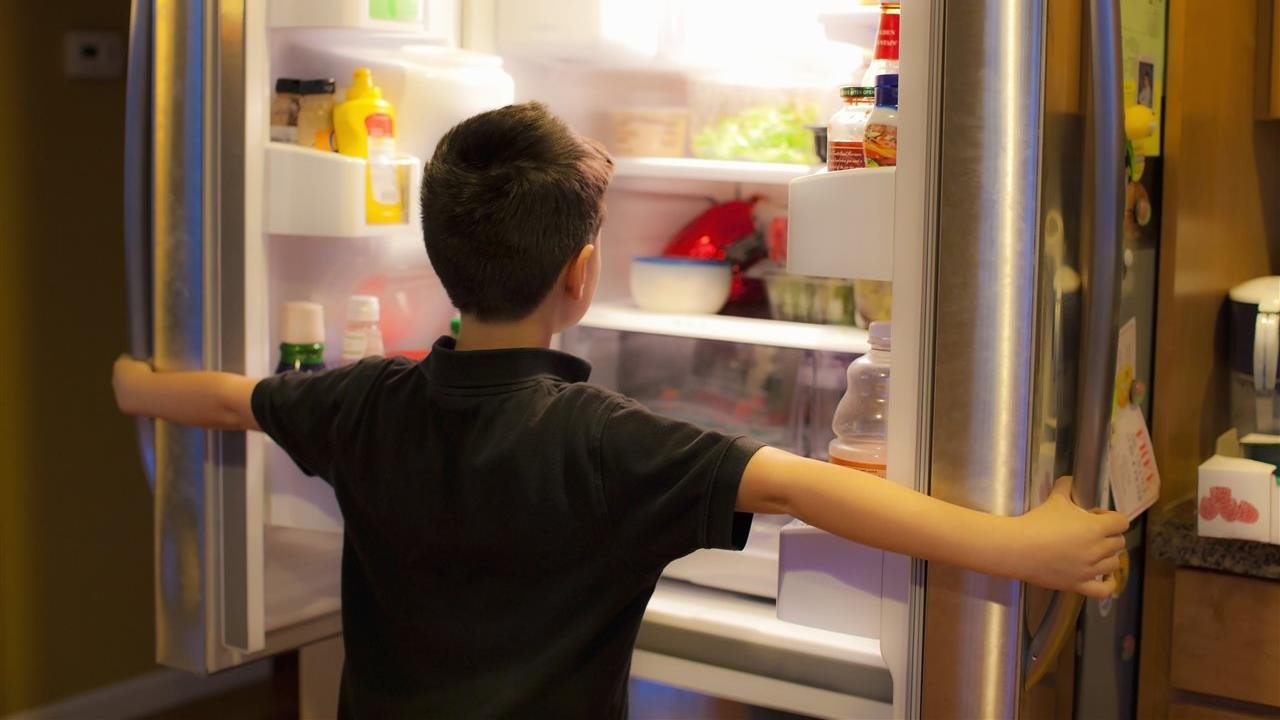
(BPT) – It’s a classic dilemma: Kids want breakfast foods that taste good to them, but their choices are often low in nutritional value. Parents want to give kids breakfast options that offer the nutrients they need to take on the day and that their kids will actually enjoy. According to registered dietitian nutritionist Lauren Manaker, having options on hand that are the best of both worlds is the ticket to a low-stress morning.
“Breakfast is the most important meal of the day for everyone, but especially for kids and teens because nutrients that are missed at breakfast are unlikely to be made up later in the day.1,2 A morning meal helps kids to get a head start on the nutrition that’s needed to support normal physical growth and development. The easiest way to make sure kids get a nutrient-packed breakfast, even on the busiest mornings, is to offer them options that not only taste great and include key nutrients, but that are equally as convenient to those less desirable ’empty calorie’ breakfast options we’re all familiar with,” said Manaker.
To help your family have a smooth morning that includes nutrient-packed breakfast options that won’t cause a breakfast battle, Manaker shares her top tips for easy eats:
Stock up on grab-and-go options: If kids are old enough to grab their own breakfast, keep the nutrient-dense foods you want them to eat at eye level, and keep the less-than-ideal foods higher in your fridge and pantry. Pre-cut fruits and veggies, pre-peeled hard-boiled eggs, and ready-to-drink nutritional beverages are all smart and convenient options for kids to grab and go.
Follow a routine: Maintain an eating routine throughout the school year that incorporates delicious and nutrient-dense breakfast options. Whether you’re in a time crunch or simply looking for a delicious away to help fill nutrient gaps, Manaker suggests stocking up on Carnation Breakfast Essentials® nutritional drinks in kid-friendly flavors such as Cinnabon® cinnamon roll and Kellogg’s® Froot Loops®. Each drink contains 10 grams protein to support growth and help build muscle, calcium to help build strong bones, plus vitamins C and D, key nutrients for immune support — and they taste delicious.
Try new fruits and veggies: Encourage kids to expand their palate of fruits and veggies by setting up a breakfast board they can graze on during their morning routine. Include familiar foods with some items that may not be in your child’s rotation, like avocado, cherry tomatoes or sliced peaches. Consider adding colorful food picks in the less-familiar foods to make them look more approachable.
Add ample protein: Protein helps support growing muscles and bones, and helps avoid ‘hangriness’. While obvious sources of breakfast protein include foods like bacon and eggs, making them can be time-consuming. Carnation Breakfast Essentials Flavored Nutritional Drinks come in convenient ready-to-drink bottles with 10 grams of high-quality protein, equivalent to the amount of protein in one and a half large eggs.
Talk about why: Have an age-appropriate conversation with your children about why breakfast is important for their bodies and minds. Explain how protein helps them grow and stay strong, vitamin C helps support the immune system and calcium helps build strong bones. When kids better understand why they should eat breakfast, they may be more eager to eat it and to try new foods.
Ultimately, Manaker says that when it comes to breakfast the most important thing is to establish doable, no-pressure routines that include essential nutrients but don’t add complexity. “Parents shouldn’t feel guilty about not having the time to cook extensive recipes or serve photo-worthy meals, especially in the morning,” said Manaker. “Simply focus on quick, nutrient-dense options that help you get your kids ready to smile and take on the day.”
Carnation Breakfast Essentials is happy to be working with registered dietitian nutritionist Lauren Manaker on the importance of breakfast nutrition for growing kids.
1. Ramsay SA et al. Eur J Clin Nutr 2018;72:548-56.
2. Deshmukh-Taskar PR et al. J Am Diet Assoc 2010;10:869-78.
